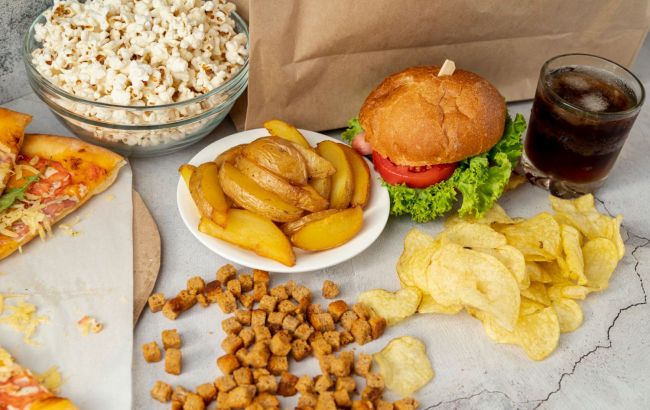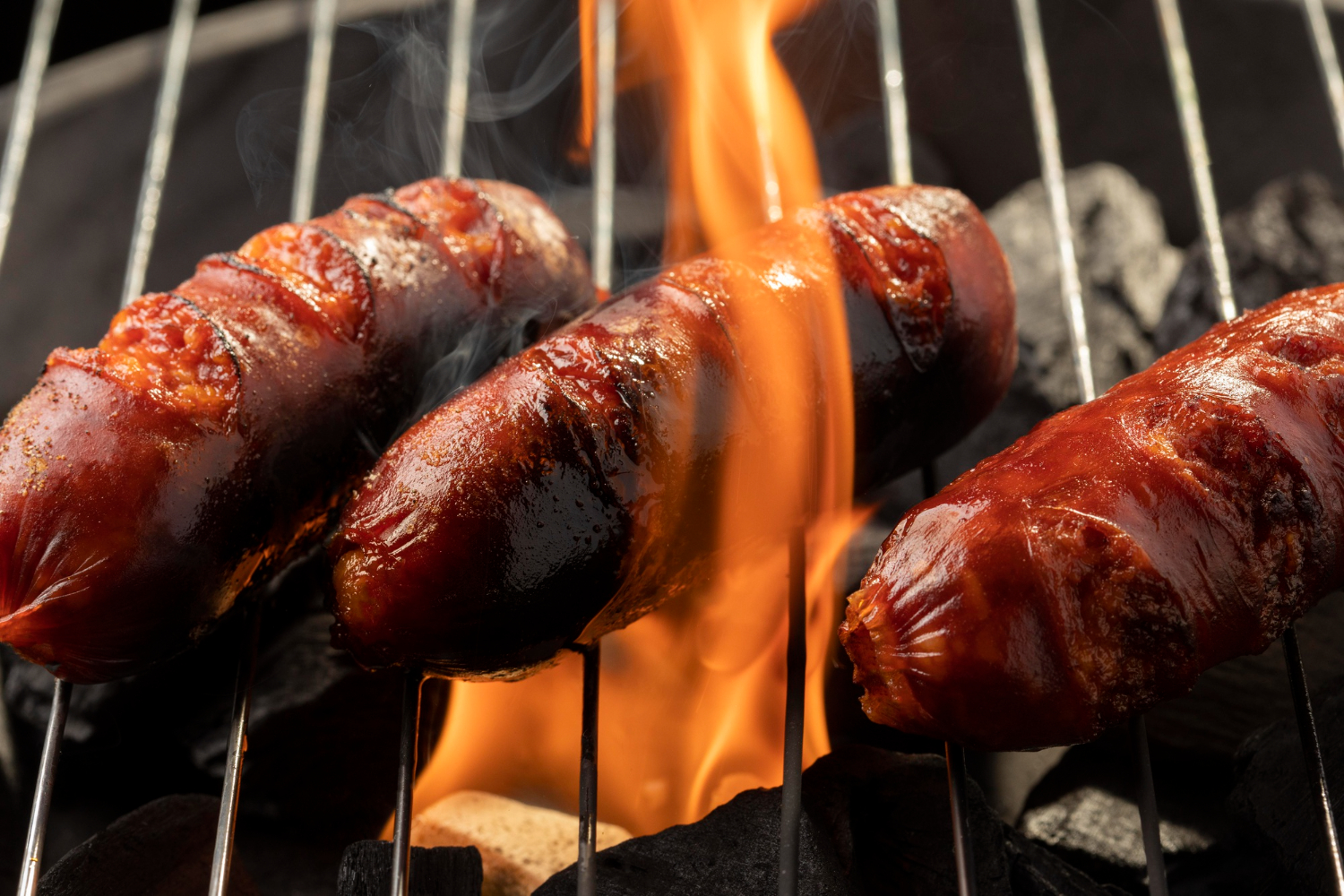Avoiding high cholesterol: Insights and recommendations
 Which food contains the most cholesterol (photo: Freepik)
Which food contains the most cholesterol (photo: Freepik)
High cholesterol levels in the blood lead to the formation of so-called plaques in the vessels, disrupting blood circulation. Fatty and processed foods are the primary sources of "bad" cholesterol that enters the body. Website Eat This, Not That reports on which foods to limit due to their high cholesterol content.
Bacon
Dr. Kiran Campbell, a research scientist, states that fatty and highly processed meats like bacon raise cholesterol levels because they contain a lot of saturated fats. The American Heart Association recommends limiting saturated fat intake to less than 6% of daily calories, which equates to 13 grams per day on a 2,000-calorie diet.
A healthy alternative to bacon can be beans. Studies show that replacing red meat with plant-based proteins can help lower LDL "bad" cholesterol and improve other cardiometabolic risk factors.
Coconut oil
Coconut oil is mostly composed of saturated fats, which are known to raise bad cholesterol. A 2020 review published in the American Heart Association's journal, Circulation, found that consuming coconut oil significantly raises LDL cholesterol levels compared to plant oils that contain less saturated fat.
Replace coconut oil with extra virgin olive oil.
T-Bone steak
You don’t have to give up steaks; just choose leaner cuts of meat. Lean red meat is rich in nutrients that benefit health.
Experts suggest choosing beef, particularly the cut known as "sirloin." They note that red meat should not be consumed regularly if you have high cholesterol. The American Heart Association recommends limiting red meat intake to no more than 90 grams per week.
Sugary drinks
Consuming excessive amounts of sweetened beverages, such as soda and fruit drinks, is linked to dyslipidemia, an abnormal amount of cholesterol and triglycerides in the blood. Dietitians recommend replacing sweet drinks with unsweetened iced tea or water.
Sausages and processed meats
Sausage is another processed meat high in fat that should be limited if you have high cholesterol. A 5mm slice of smoked pork sausage contains 1.5 grams of saturated fat, or 11% of the daily value recommended by the American Heart Association. It is also high in sodium and total fat.
If you’re not ready to give up sausages and processed meats, at least choose products with less fat and sodium and more natural ingredients.
 It is better to refuse sausages or at least choose less fatty options (photo: Freepik)
It is better to refuse sausages or at least choose less fatty options (photo: Freepik)
Frozen pizza
One serving of frozen cheese pizza (199 g) contains 8.5 grams of saturated fat, which corresponds to 65% of the daily recommended intake. Adding any type of fatty meat, such as sausage or pepperoni, increases saturated fat even more.
Therefore, it's better to opt for more fruits or vegetables instead of frozen pizza. They provide your body with fiber without negatively impacting cholesterol levels.
Butter
Butter contains 7.3 grams of saturated fat per tablespoon. It's better to replace butter with olive oil or avocado. A 2023 review published in Cureus showed that avocado can help lower "bad" cholesterol levels.
Granola bars
These bars are often marketed as healthy snacks but can be harmful. Some granola brands contain palm oil and added sugars — two ingredients that affect cholesterol levels.
A 2014 review published in the American Journal of Nutrition indicated that high sugar intake was associated with higher levels of "bad" cholesterol. However, the study was small, so more scientific research is needed.
One crunchy granola bar with chocolate chips contains nearly 3 grams of saturated fat. It's better to replace such bars with fresh fruits, whole grain crackers, or unsalted nuts.
Chocolate chip cookies
Chocolate cookies, cakes, and similar baked goods contain unhealthy fats and sugar. You don’t have to completely avoid such foods, but it's important to consume them in moderation.
Read also about 9 rules from a nutritionist on how to support gut health.
Previously, we discussed whether gluten is really as harmful as claimed.
This material is for informational purposes only and should not be used for medical diagnosis or self-treatment. Our goal is to provide readers with accurate information about symptoms, causes, and methods of detecting diseases. RBС-Ukraine is not responsible for any diagnoses that readers may make based on materials from the resource. We do not recommend self-treatment and advise consulting a doctor in case of any health concerns.

